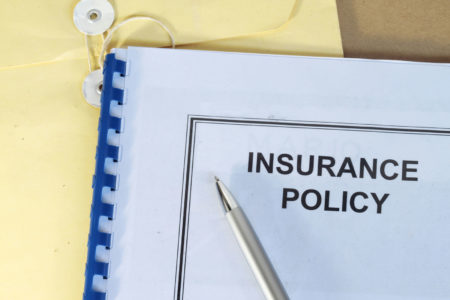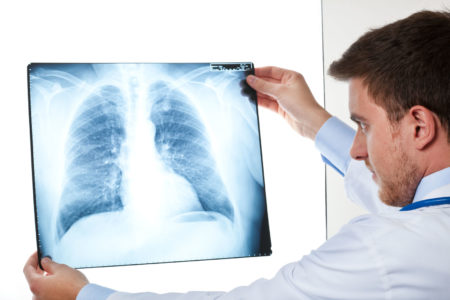No one ever expects that driving around with passengers could put them at risk of being sued.
You know your own family won’t take you to court after an accident, but it’s possible that your not-so-friendly friends could.
If you drive friends, family, or your children’s friends around town, it’s best to know how your insurance does and doesn’t protect you.
Your insurance may cover your passengers, but that’s never a guarantee. There are always scenarios where someone in your car might not be about to collect under your policy for their injuries.
Before you offer to chaperone a school field trip or you volunteer to be the designated driver on a night out, here’s what you need to know about how your insurance covers passengers.
Enter your zip code above to find car insurance rates that fit your budget!
What is liability insurance for?
If you live in a state with tort laws, you’re going to be responsible for any of the damages that you cause to others while you’re driving your car.
Liability insurance is third-party coverage that will cover either bodily injury or property damage claims.
It’s a form of protection that will protect you when you could potentially be sued by a driver, a passenger, or a pedestrian that you injured.
The last thing that you want to do is defend yourself against a plaintiff’s claims without having any type of liability insurance.
FREE Car Insurance Comparison
Compare quotes from the top car insurance companies and save!
Secured with SHA-256 Encryption
Will your liability insurance ever pay for passengers in your car?
Your liability insurance will only pay for third-party injuries.
Usually, people assume that this means that passengers in the insured car aren’t covered. While this is true in some scenarios, it’s not true in all of them.
You can’t expect the third-party liability coverage to pay for your medical treatment costs if you fall into the category of insured.
Under an auto policy, any insured is someone who’s listed on the policy or a person who lives in the household.
What happens if it was a not-at-fault accident?
If you were driving people around in your car that don’t live in your home and aren’t related to you, that doesn’t automatically mean that your insurer has to pay for their medical bills.
When you were being safe and someone hits you, it’s that driver’s liability insurance that will pay for your medical expenses and also your passengers’.
Anyone else who is riding along in the car and not related to the driver can file a claim for third-party benefits if they want to sue the driver for the injuries sustained.
Does my Medical Payments coverage pay for passenger’s injuries?
You never want to sour your relationship with your friend just because they intend on filing a lawsuit against you so they don’t have to go into debt paying their medical bills.
One solution is to carry an optional first-party coverage that’s referred to as Medical Payments.
Medical Payments is a great coverage to have to get immediate coverage when you need help paying immediate and reasonable medical bills. It could pay for emergency transport, a trip to urgent care, or even the cost to get treatment in the ER.
The limits that you pay for are paid on a per person basis so you don’t have to worry about splitting up the benefit between multiple claimants. You can buy limits between $1000 and $100,000 per person.
FREE Car Insurance Comparison
Compare quotes from the top car insurance companies and save!
Secured with SHA-256 Encryption
The Passenger May Have Medical Payments Coverage On Their Own
The last thing someone wants to do is file a claim on their insurance policy.
If you don’t have Medical Payments coverage on your policy, you should tell the passenger to call their own insurer and see if they have the right coverage that will help out with some of their bills.
Medical Payments is one of those coverage options that will pay even when you’re not driving.
This means that your passenger could be riding in your car and get injured and their own insurer would still pay. They can file a claim against your benefits and their own if their bills exceed one of the limits.
Will your coverage pay if an uninsured driver injures your passenger?
You can’t rely on another driver’s insurance to pay for your medical bills if they don’t have insurance.
If you are involved in an accident with an uninsured driver, it’s good to have Uninsured Motorist Protection on your auto policy.
Uninsured Motorist Protection will pay for your medical bills, lost income, and the cost to rehabilitate just as if the driver has liability insurance.
Make sure that you have sufficient limits on your policy. If you don’t like the coverage that you currently have, start to get insurance quotes today for higher limits.
Use an online rate tool right now for instant auto quotes and see if switching auto carriers would be the best way to get adequate passenger protection at a low price.
Enter your zip code below to compare car insurance rates from multiple companies at once!



